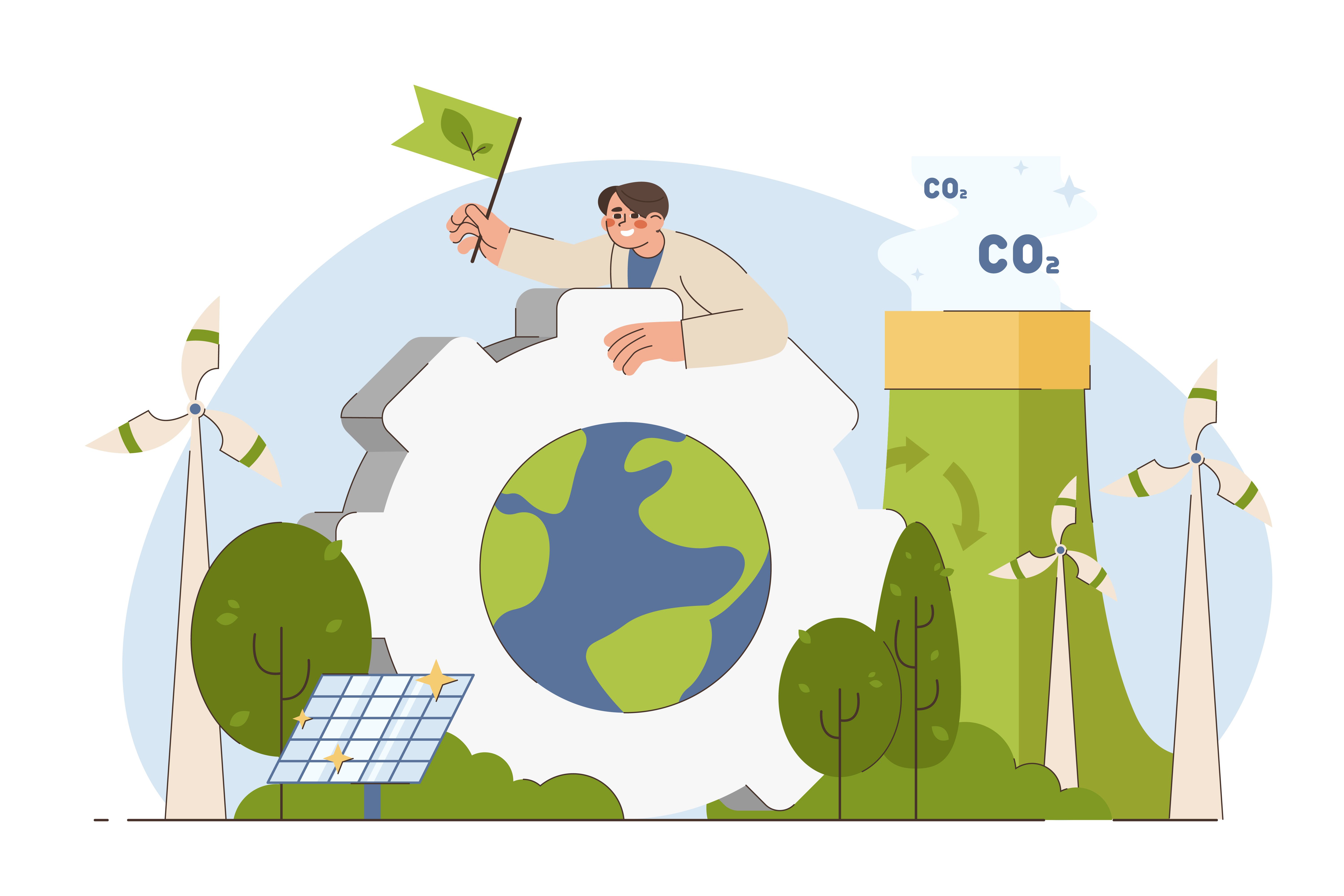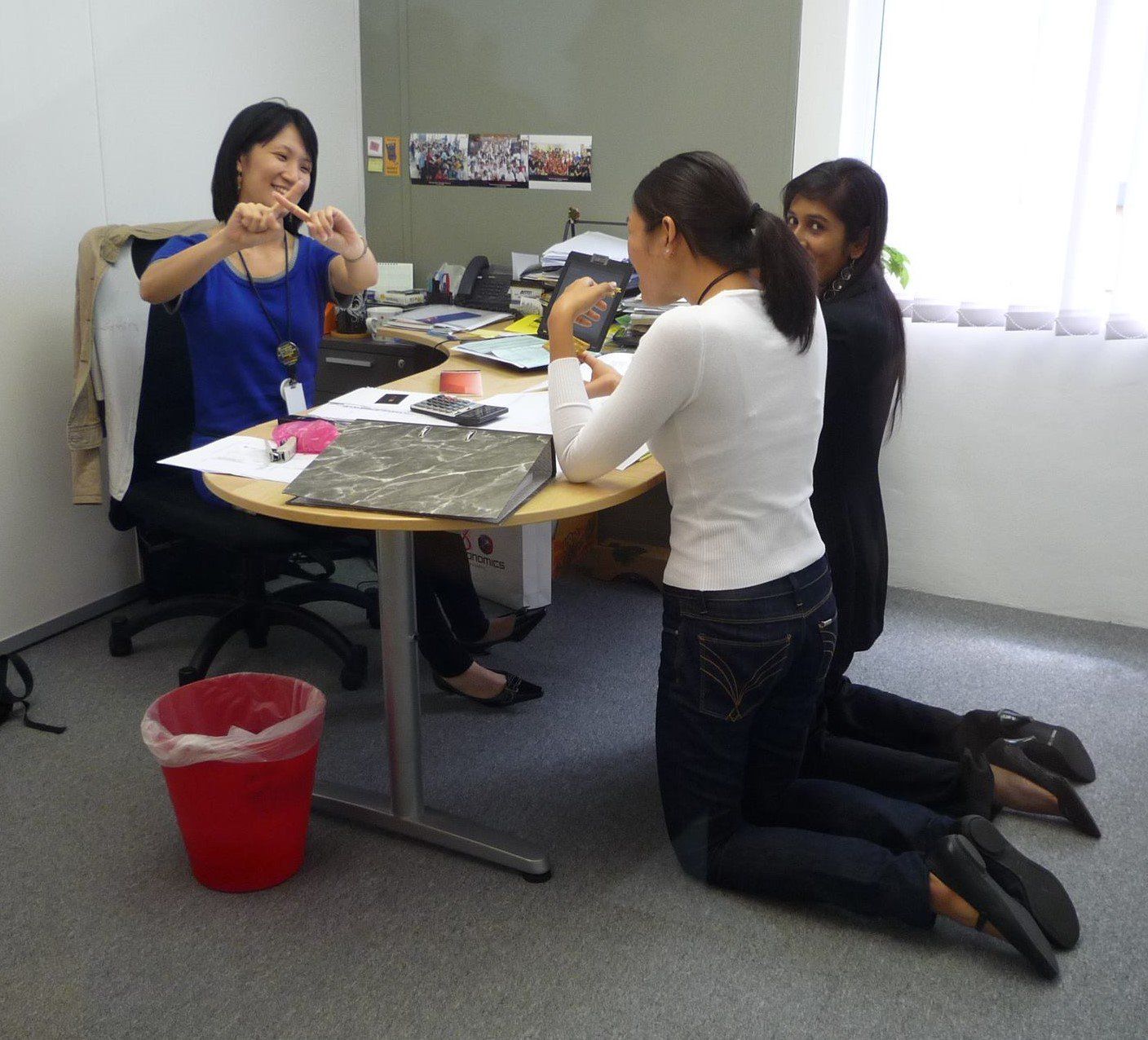5 Ways Denmark Companies Have Set A Global Example With Their Unwavering Sustainability Commitment

Photo by redgreystock @ freepik
In our society, consumer-oriented environmental policies have become the norm. Still, Denmark has shown proactive commitment to eco-friendly practices, suggesting that a fundamental willingness to act or accept a situation, especially when combined with consistent effort and a flexible mindset, leads to results, even if let’s say, the outcome is not exactly as planned. Furthermore, data from the Environmental Performance Index (EPI), ESG rankings, and statistics from Yale and Columbia Universities, positions Denmark, globally speaking, at the top for overall sustainability performance. Although it is highly possible for rankings to vary between indicators, Denmark’s long commitment to eco-friendly practices has never remained unnoticed, securing its place among the best of the sustainability-focused entities worldwide.
Green Shipping Businesses
If we were to mention the initiatives that have contributed to Denmark’s position as a leader in green shipping, then we’d definitely have to mention Laura Maersk, the world’s first non-fossil-fuel-powered ship. It all started in September 2023, when this green methanol-fueled container ship received its name through a fancy ceremony organized by Ursula von der Leyen, the European Commission President, having the ambitious goal of running on green fuels by the end of the decade, entirely. As you can imagine, Denmark’s efforts to become a leader in sustainability-focused shipping did not stop at the Laura Maersk container ship, furthermore supporting the development of other green fuels – with MAN Energy Solutions, and of ammonia fuel systems – with Electronic FuelTech.

Read more: Why Is It Important for Companies to Be More Sustainable in Today's Economy?
Business leaders can learn from Laura Maersk’s initiative that sustainability leadership requires bold commitment, even when nobody guarantees the outcome. Perfect solutions may exist, but to achieve them, the logistics require meticulous coordination and constant adaptation to external factors. Just as Maersk, driven by an innovative vision, turned ambition into measurable results, cutting approximately 100 tons of CO2 per day compared to conventional fuel, other businesses can transform their industries, proving that eco-friendly practices deliver both measurable impact and commercial advantage.
Renewable Energy Companies
Overall, Denmark has proven an unshakable loyalty to eliminating fossil fuels and reaching the 100% renewable energy target by 2030, receiving tremendous support from cross-party political consensus and the countless policies that empower offshore wind, energy storage, and green hydrogen. Here, when we talk about Denmark’s conviction to transition away from fossil fuels, there is not just one, or two, or three companies that are aiming toward this goal. The numbers are wild, we must add, and a few of the most relevant include Vestas, Orsted, Steeper Energy, Cambi Group A/S, Lemvig Biogas, and Viking Wind.
Together, they have all contributed to Denmark’s position as a country with the highest wind power production worldwide, paving the way toward a sustainable future where investing heavily in renewable energy becomes the norm. Here, the lesson becomes more than clear: when businesses collaborate with policy markets and commit to shared climate goals, they can unlock investment and accelerate innovation. Just to mention Vesta’s role in avoiding more than 1.8 billion tonnes of C0s emissions with the installation of over 164 GW of wind power capacity globally, and that shall be enough for you to understand sustainability is not just something nice to have, but it drives real outcomes.
Cycling Providers
Cycling culture represents a highly significant facet of Denmark’s focus towards a more sustainable future, encompassing numerous responsible approaches, such as the development of robust infrastructure, including bike superhighways. Here, we can effortlessly highlight how none of this would have been possible without the decades spent on making urban planning a palpable reality, and entirely, it has all happened due to the proactive efforts of companies such as COBE, EFFEKT, Henning Larsen Architects, and Lendager. They are just a few of the pioneers of this tremendous success called cycling culture, where we also meet lots of relevant names, including the Circular Bicycle Solution (CBS), known for the responsible action of refurbishing and reusing bikes, and Donkey Republic, which has made numerous headlines through its innovative and sustainable bike-sharing model.
Other businesses can draw inspiration from Denmark’s cycling culture by seeing sustainability as a holistic system rather than a single product. It is highly recommended to invest in long-term culture and behaviour change, as Denmark has spent decades designing cities for cycling, focusing on gradually shifting consumers’ habits, much like an entire seduction process.
Danish-Made Waste Balers
It would have been outrageous for us to talk about sustainable companies in Denmark and not mention the difference made by balers and compactors. These machines have inherently contributed to Denmark’s transition toward a circular economy, ensuring traditional waste disposal methods are nothing but outdated and not-so-happy circumstances. Basically, they have flipped the script, becoming vital tools for companies to comply with Danish and EU environmental policies, ultimately avoiding penalties. We shall take Mil-tek, for example. This manufacturer, with all its services designed for longevity and performance, has offered a viable alternative to replacing entire systems, overall aligning with the whole idea of circular economy, a movement that promotes reducing resource consumption and waste.
Furthermore, Mil-tek illustrates that sustainability and profitability go hand in hand, with the right mindset, of course. Instead of approaching sustainable practices as an add-on, Mil-tek integrates waste reduction and recycling into the very machinery companies use daily. With over 50,000 machines supplied worldwide, by now, Mil-tek solutions have contributed to the reduction of more than 2.5 million tonnes of CO2 emissions.
Sustainable Food Companies
Denmark’s journey toward sustainability is not only about energy and transportation, but also deeply rooted in the way food is produced, distributed, and consumed. Here, the country has successfully cultivated a strong culture around organic farming, plant-based innovation, and circular food systems. What stands out most is the government’s active support, with Denmark consistently ranking among the countries with the highest share of organic food sales worldwide. Examples of this commitment are countless. For instance, COOP Denmark, one of the largest retail chains, has set ambitious goals to reduce food waste and expand the organic segment across all its stores. Then, there is Too Good To Go, the globally renowned app born in Denmark, which connects consumers with unsold meals from restaurants and stores, a concept that has turned into an international movement against waste. Furthermore, companies like Organic Denmark, a non-profit association, and Simple Feast, a plant-based meal kit pioneer, reinforce the notion that sustainable food production is not a side trend, but rather a cultural cornerstone.

This may interest you: Sustainable Practices: A Lifeline for Struggling Businesses Facing Bankruptcy
Altogether, these initiatives highlight how Denmark is proving that responsible food systems can become mainstream, inspiring other businesses to rethink the role of sustainability at every step of the supply chain. How? By promoting organic farming, supporting plant-based alternatives, and leveraging technology to reduce waste, sustainability can be profitable, scalable, and culturally embraced.
Concluding Remarks
Overall, Denmark’s story is a compelling demonstration that sustainability is not just a policy ambition, but a lived reality woven into multiple sectors, from green shipping and renewable energy to sustainable food systems, cycling culture, and circular waste management. Each of these efforts, whether through pioneering projects like the Laura Maersk or the groundbreaking Danish waste-balers, reflects a consistent vision that environmental responsibility can coexist with innovation, economic growth, and quality of life. While it is undeniable that challenges remain, from balancing economic competitiveness to scaling green technologies fast enough, Denmark shows that the pursuit of sustainability does not have to be linear or perfect in order to be effective. Instead, it is about fostering an ecosystem of ideas, companies, and communities that are willing to experiment, adapt, and push boundaries, no matter what.
Leaderonomics.com is an advertisement-free website. Your continuous support and trust in us allow us to curate, deliver, and maintain our website. When you support us, you enable millions to continue reading for free on our website. Will you give it today? Click here to support us.
Business
Tags: Environmental, Social and Governance (ESG), Alignment & Clarity, Building Functional Competencies, Business Management, Competence, Consultant Corner, Companies
Cynthia Madison has a degree in finance and administration and is passionate about all topics. As an online trader herself, Cynthia loves providing her readers with expert tips and advice on how to make informed economic choices, helping them understand market trends and how to manage their finances like a pro.






